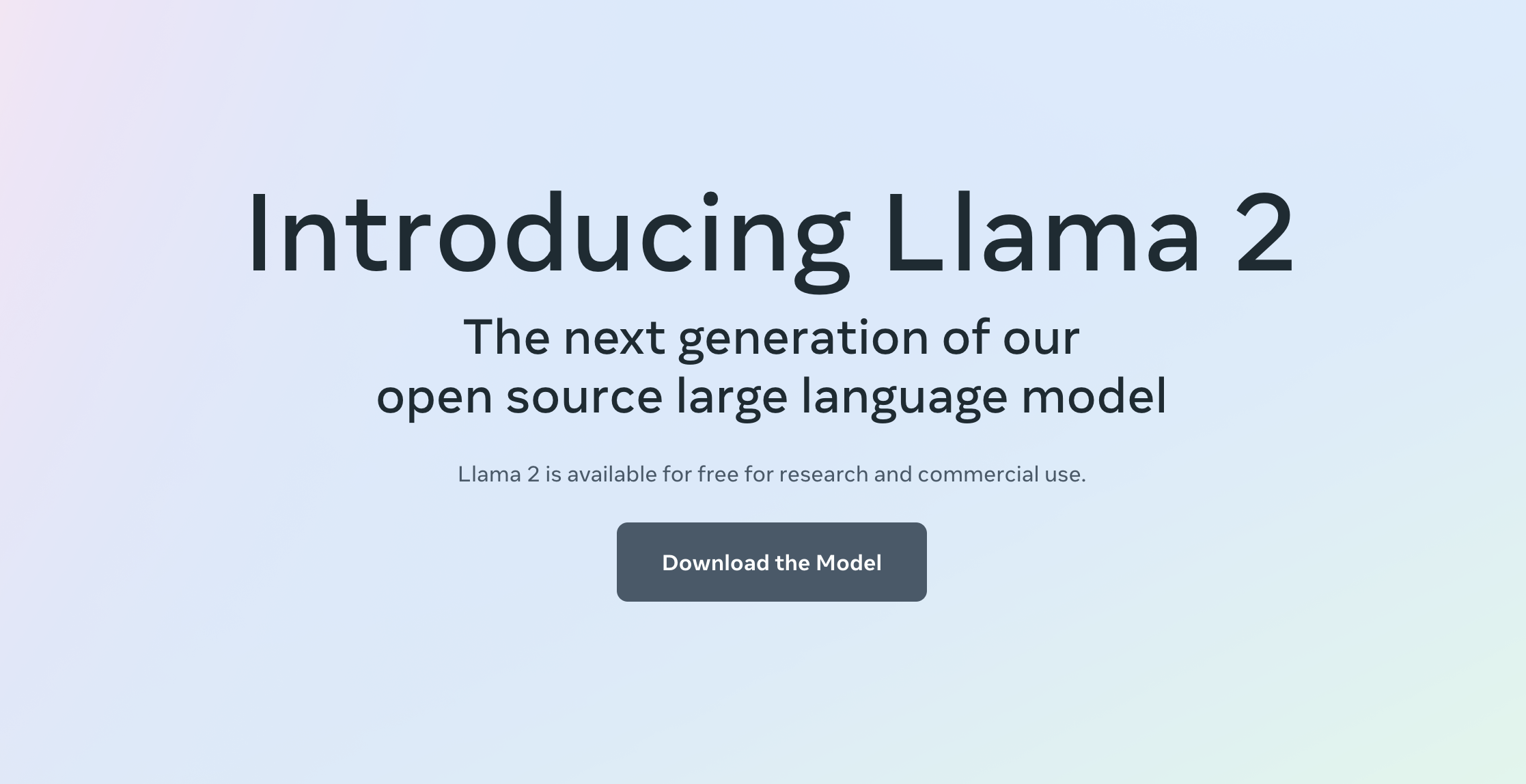Artificial Intelligence (AI) is a rapidly growing field that involves the development of intelligent machines that can perform tasks that typically require human intelligence, such as learning, problem-solving, and decision-making. AI is based on the idea of creating machines that can think, reason, and learn like humans, and it has the potential to revolutionize the way we live and work. AI is being used in a wide range of applications, from self-driving cars to virtual assistants, and it is expected to have a significant impact on many industries, including healthcare, finance, and education.
Today, Meta is partnering with Microsoft to provide Llama 2 AI to users through the Microsoft Azure Platform. The owner of Meta Mark Zuckerberg who made the announcement on his official Facebook wall has shown his committed interest in providing people with a more reliable AI platform. Below is what he said.
We’re partnering with Microsoft to introduce Llama 2, the next generation of our open source large language model. Llama 2 will be available for free for research and commercial use.
Meta has a long history of open sourcing our infrastructure and AI work — from PyTorch, the leading machine learning framework, to models like Segment Anything, ImageBind, and Dino, to basic infrastructure as part of the Open Compute Project. This has helped us build better products by driving progress across the industry.
Open source drives innovation because it enables many more developers to build with new technology. It also improves safety and security because when software is open, more people can scrutinize it to identify and fix potential issues. I believe it would unlock more progress if the ecosystem were more open, which is why we’re open sourcing Llama 2.
Today we’re releasing pretrained and fine-tuned models with 7B, 13B, and 70B parameters. Llama 2 was pretrained on 40% more data than Llama 1 and has improvements to its architecture. For the fine-tuned models, we collected more than 1 million human annotations and applied supervised fine-tuning and reinforcement learning with human feedback (RLHF) with leading results on safety and quality.
You can download these models directly, or through our preferred partnership with Microsoft you can access these models through Azure along with Microsoft’s safety and content tools. There is also an optimized version that you can run locally on Windows.
I’m looking forward to seeing what you all build!
Facebook: Mark Zuckerberg, 18/07/2023
What is LLaMA 2?
LLaMA 2 is a large language model for generative AI that was developed by Meta (formerly known as Facebook). It is the next generation of the open-source LLaMA (Language Learning for Machine Translation) model and is designed to enable developers and organizations to build AI-powered tools and experiences. LLaMA 2 is trained on billions of words scraped from the open internet and is based on the transformer architecture, which is a type of neural network that is particularly well-suited for natural language processing tasks.
LLaMA 2 is free for research and commercial use and is available on Microsoft’s Azure cloud computing platform and Windows operating system. Meta and Microsoft have expanded their partnership, with Microsoft as the preferred partner for LLaMA 2. The release of LLaMA 2 marks a significant step towards advancing the boundaries of AI research and its accessibility to the wider community, fostering collaboration, inspiring further innovation, and opening the doors to new possibilities in the realm of generative AI.
What is the use of LLaMA model?
Basically, the LLama model is a Large Language Model (LLM) that’s open for free research and commercial use.
How can I access Llama AI?
To access the Meta AI (Llama 2), kindly visit https://ai.meta.com/llama/ to get started with the incredible Large Language Model (LLM) by Meta.
Conclusion
What do you think about the partnership between Meta and Microsoft on the Llama 2 AI? Kindly let us know in the comment section below.
Stay tuned as we will unveil more about Llama 2 AI and how you can make the most out of the newly launched Meta AI.
